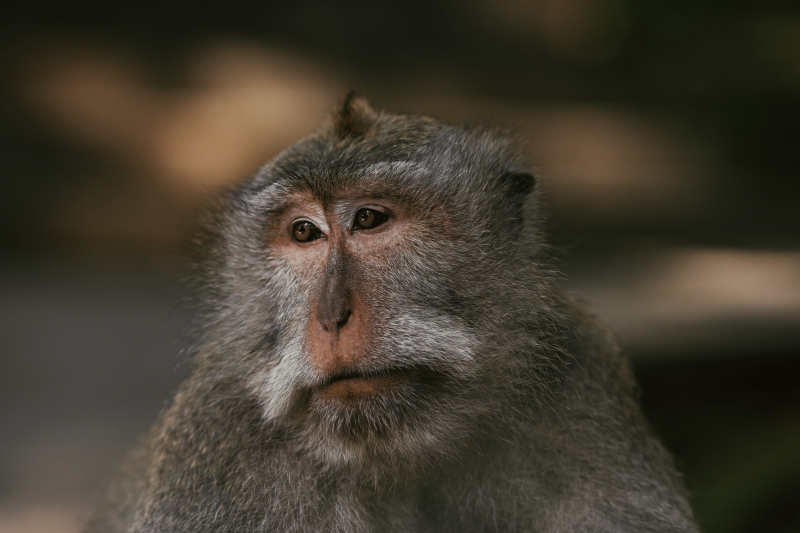Harvard-affiliated scientists say they have been able to keep a monkey alive for two years with a genetically engineered pig kidney. Although preliminary, transplant experts say this research is an important milestone in the search for an alternative source of organs.
Scientists are hopeful that one day, genetically modified organs grown in pigs may be able to significantly extend the life of people with end-stage organ failure.
In recent months, other high-profile research teams at New York University and the University of Alabama at Birmingham announced successful transplants of genetically modified pig-kidneys into brain dead human donors. But those experiments ended after a few weeks.
“Duration of survival has been an Achilles heel of genetically modified pig organs to date due to a combination of rejection and opportunistic infections,” said Dr. Peter Chin-Hong, director of the transplant infectious disease program at University of California, San Francisco.
Eventually, the hope is that transplant doctors will be able to use genetically modified pig organs instead of solely relying on deceased human organ donors.
“Among all solid organs transplanted, kidneys are most sought after, expected to increase in demand further, and there is a significant shortfall of organs leading to premature deaths,” Chin-Hong said.































